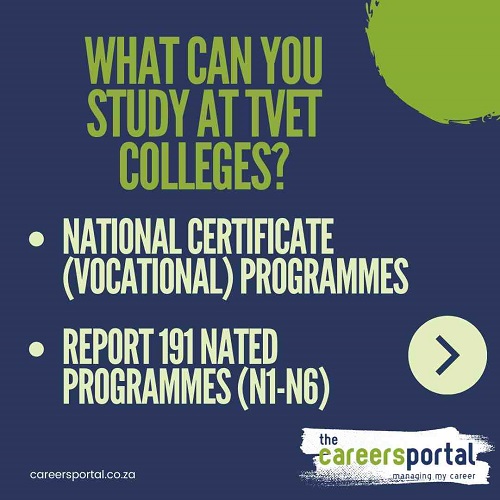
Two Examples of Vocational Courses Offered in TVET Colleges
Introduction
Technical and Vocational Education and Training (TVET) colleges play a crucial role in equipping individuals with the skills and knowledge necessary for successful careers in various industries. These institutions offer a wide range of vocational courses that provide students with practical training and hands-on experience in specific fields. This essay will explore two examples of vocational courses offered in TVET colleges: Automotive Technology and Culinary Arts.
Automotive Technology
Course Overview:
The Automotive Technology course prepares students for careers in the automotive industry. It covers a comprehensive range of topics, including:
- Engine repair and maintenance
- Electrical systems
- Transmission and driveline
- Brakes and suspension
- Vehicle diagnostics and troubleshooting
Skills and Knowledge Acquired:
Upon completion of the Automotive Technology course, students will possess the following skills and knowledge:
- Ability to diagnose and repair automotive systems
- Proficiency in using automotive tools and equipment
- Understanding of automotive principles and technologies
- Knowledge of industry standards and best practices
- Strong problem-solving and critical thinking abilities
Career Opportunities:
Graduates of the Automotive Technology course can pursue careers as:
- Automotive technicians
- Mechanics
- Service advisors
- Parts managers
- Automotive engineers
Culinary Arts
Course Overview:
The Culinary Arts course provides students with a foundation in the culinary profession. It covers various aspects of cooking, including:
- Basic knife skills
- Cooking techniques
- Food preparation and presentation
- Menu planning and development
- Kitchen management and safety
Skills and Knowledge Acquired:
Upon completion of the Culinary Arts course, students will possess the following skills and knowledge:
- Proficiency in various cooking techniques
- Ability to prepare and present dishes to a high standard
- Understanding of food safety and sanitation principles
- Knowledge of different cuisines and ingredients
- Strong organizational and time management skills
Career Opportunities:
Graduates of the Culinary Arts course can pursue careers as:
- Chefs
- Cooks
- Bakers
- Pastry chefs
- Restaurant managers
- Food and beverage directors
Benefits of Vocational Courses
Vocational courses offered in TVET colleges provide numerous benefits to students, including:
- Practical Training: Students gain hands-on experience in their chosen field, preparing them for the workplace.
- Industry Recognition: Many vocational courses are accredited by industry bodies, ensuring that graduates meet industry standards.
- Career Advancement: Vocational courses provide a pathway to career advancement, allowing students to acquire the skills and knowledge necessary for higher-level positions.
- Job Security: Vocational skills are in high demand in various industries, providing graduates with job security and stability.
- Personal Growth: Vocational courses foster personal growth by developing problem-solving, critical thinking, and communication skills.
Conclusion
Vocational courses offered in TVET colleges play a vital role in preparing individuals for successful careers in various industries. The Automotive Technology and Culinary Arts courses highlighted in this essay are just two examples of the wide range of vocational programs available. These courses provide students with practical training, industry-recognized skills, and career advancement opportunities. By investing in vocational education, individuals can acquire the knowledge and abilities necessary to thrive in the modern workforce.